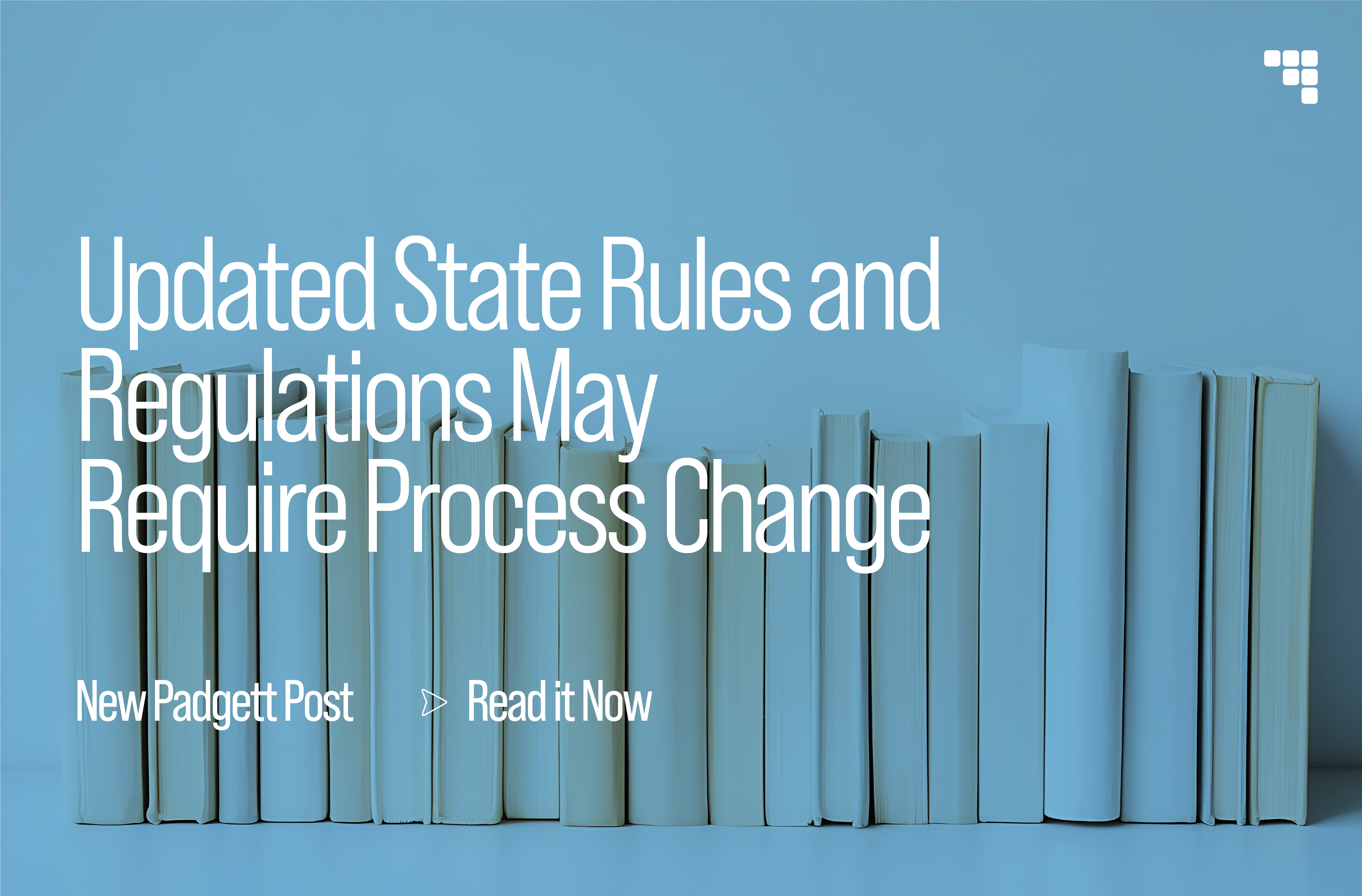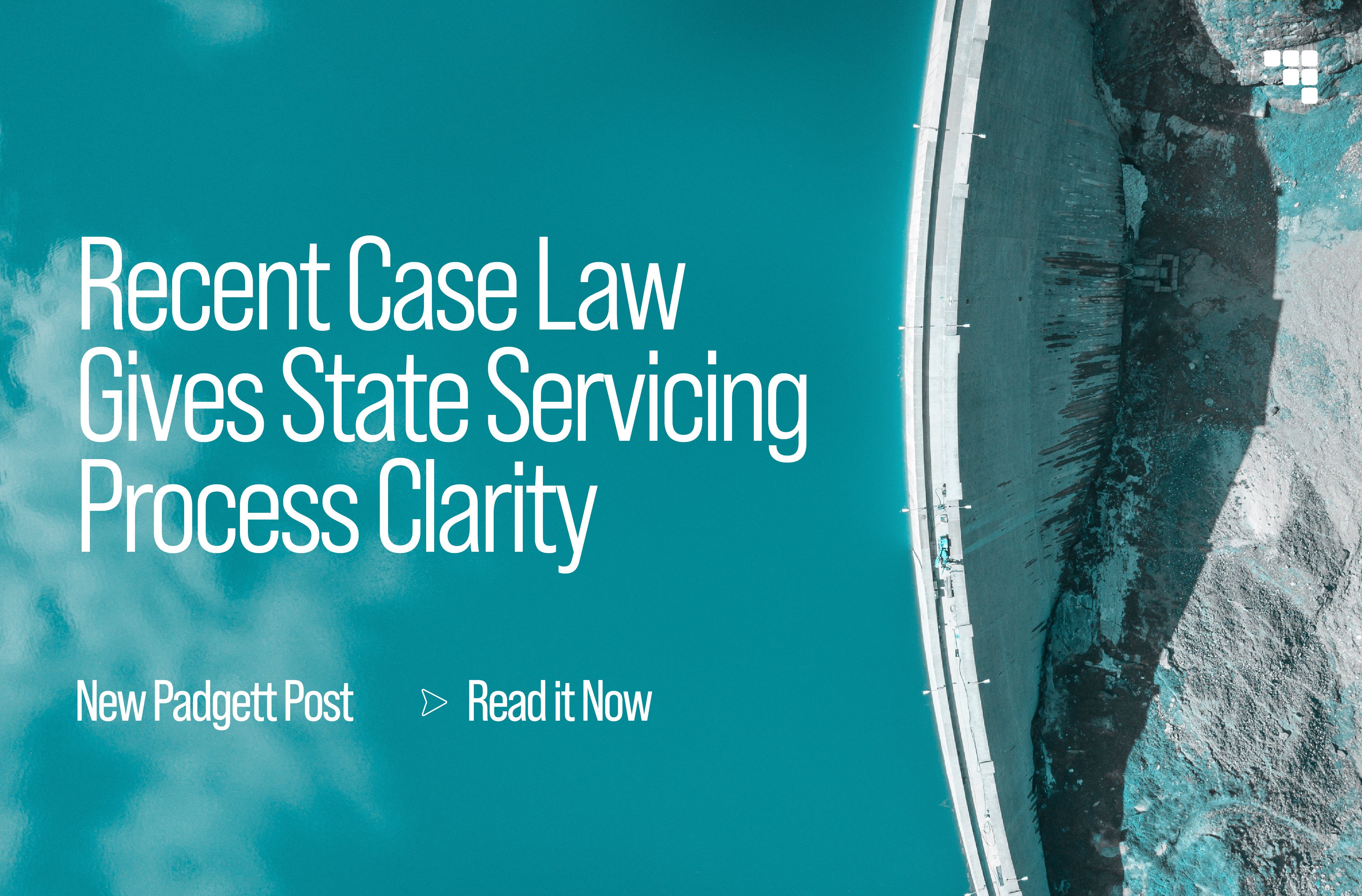1 min read
Padgett Earns Favorable Ruling in Trinity Fin. Servs., LLC v. D'Apolito
Padgett successfully argues that an action for foreclosure of a mortgage securing a time-barred note can be maintained in Trinity Fin. Servs., LLC v....
Navigate our key practices or use the Contact Padgett page to learn about a specific state of service.
5 min read
Heather Griffiths, Esq.
:
June 17, 2025

Amendments have been proposed for seven Florida Rules of Civil Procedure. If these amendments take effect, it will change how foreclosures are handled in the State of Florida. Below, please find a synopsis of the proposed amendments and their potential impacts as evaluated by PLG:
What Rules are Being Amended:
Proposed Effective Date:
Comments Due/Method of Submitting Comments:
Proposed Florida Rule of Civil Procedure 1.510:
Proposed Florida Rule of Civil Procedure 1.202:
Proposed Florida Rule of Civil Procedure 1.200:
Proposed Florida Rule of Civil Procedure 1.201:
Proposed Florida Rule of Civil Procedure 1.280
Proposed Florida Rule of Civil Procedure 1.440:
Proposed Florida Rule of Civil Procedure 1.460 (Motions to Continue Trial):

1 min read
Padgett successfully argues that an action for foreclosure of a mortgage securing a time-barred note can be maintained in Trinity Fin. Servs., LLC v....

Padgett is pleased to announce its support of the upcoming ACUMA annual conference, the 2025 Make Your Mark conference, held in Denver, Colorado,...

Remote Online Notarization (RON) is a hot topic in the real estate community right now. This is a result of purchasers and sellers wanting a more...